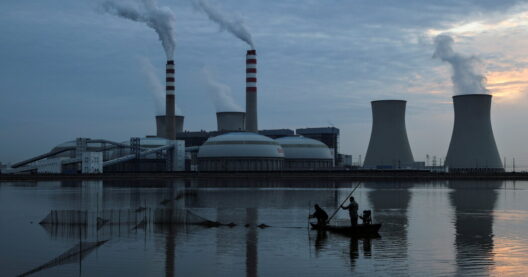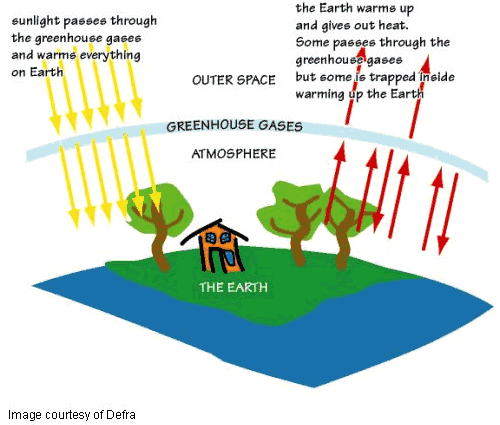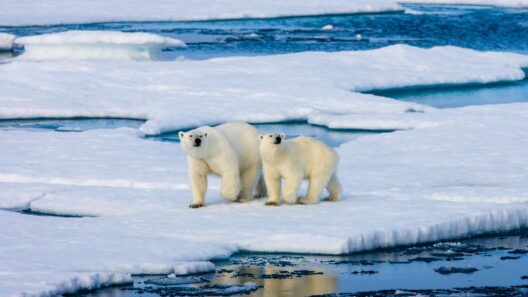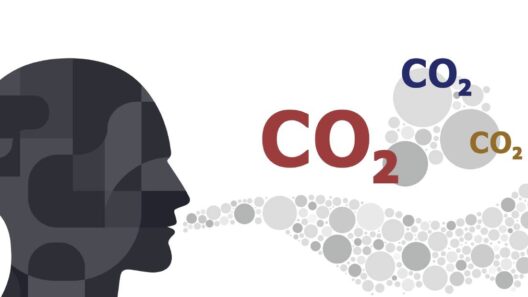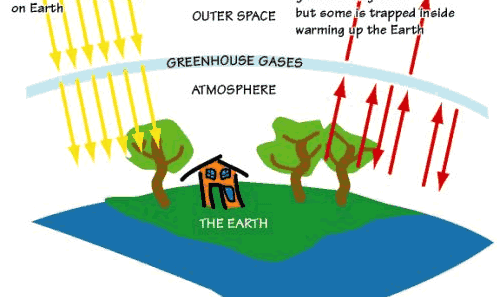Cold weather has a unique way of captivating our attention. As chilly winds whisk through the streets and frost coats our windows, we often find ourselves pondering the implications of such cold snaps on the narrative of climate change. Many individuals argue that an early onset of cold weather serves as irrefutable evidence against global warming. However, this perspective fails to consider the intricate and multifaceted nature of climate science. In debunking this common myth, it becomes apparent that early cold weather is not a contradiction of global warming, but rather a complex piece of an ever-evolving climatic puzzle.
The core of the misunderstanding stems from conflating weather with climate. Weather refers to the short-term atmospheric conditions in a specific area, whereas climate denotes the long-term trends and patterns over extensive periods. An early cold front is a fleeting event, influenced by a multitude of factors, while global warming encompasses the persistent rise in average global temperatures due to human activities, most notably the emission of greenhouse gases.
To further elucidate the distinction, consider that climate operates on averages over decades, or even centuries. The average annual temperature might rise, yet localized regions may experience anomalous cold weather patterns. This inconsistency can arise from various factors, such as geographical variances, ocean current shifts, and atmospheric dynamics.
One significant phenomenon worth examining is the polar vortex. This large area of low pressure and cold air surrounding both of the Earth’s poles can split and dip into lower latitudes due to changes in the jet stream. Such disturbances can lead to severe cold spells far from the poles. The interaction between global warming and polar vortex dynamics complicates our understanding: as the Arctic warms at an accelerated pace, it may ironically contribute to more extreme weather patterns, including severe winter storms in mid-latitude regions.
Additionally, early cold weather can be attributed to natural variability. The Earth’s climate system is inherently variable, characterized by oscillations such as El Niño and La Niña, which can influence weather patterns dramatically. These oscillations demonstrate that cold weather events can occur regardless of the overarching trend toward warming, illustrating the complexity of Earth’s climate dynamics.
Moreover, an essential, yet often overlooked facet of climate discussions is the diminutive role of perception and confirmation bias. People are inclined to connect immediate weather experiences with their beliefs about climate change. When faced with an early frost, it may appear to contradict the concept of global warming. This cognitive bias can lead to misinterpretation of data and a misunderstanding of climate science. Recognizing the distinction between subjective weather experiences and objective climate data is crucial in addressing this misconception.
Another compelling argument against the notion that early cold weather disproves climate change lies in the broader context of global temperature averages. While certain locales may experience a temporary drop in temperature, the Earth as a whole continues to warm. According to climate research data, the last several decades have consistently shown rising global temperatures. As such, a localized cold front becomes a minor event when juxtaposed against the vast landscape of climate trends, supporting the notion that the long-term trajectory of climate change remains consistent despite short-term variations.
Furthermore, an array of scientific studies has demonstrated the persistent correlation between human-induced greenhouse gas emissions and increasing global temperatures. The warming caused by these emissions can lead to a cascade of climatic shifts, while simultaneously allowing for extreme, short-lived weather events, including unusual cold periods. This scenario exemplifies how the climate system does not operate in a straightforward, linear manner but exhibits complex interdependencies.
It is also imperative to consider the role of urbanization and localized heat islands. Urban areas tend to retain heat more than their rural counterparts, which can skew public perceptions of temperature changes. Consequently, colder seasons experienced in one area, particularly in rural or less developed locales, can mislead one into mistakenly perceiving broader trends about global warming.
Furthermore, analyzing historical data reveals that erratic weather patterns are not unprecedented. Indeed, the Earth’s climate has undergone widespread fluctuations throughout geological history. Periods of warming have alternated with epochs of significant cooling, often influenced by various natural processes intrinsic to the Earth’s system, such as volcanic activity, solar radiation fluctuations, and changes in Earth’s orbit.
In summation, early cold weather does not disprove the reality of global warming; rather, it highlights the intricate interactions within our climate. By acknowledging the distinctions between weather and climate, recognizing the impacts of natural variability, and understanding the complex interplay of global systems, it becomes evident that climate change remains a pressing concern that warrants collective action. The responsibility lies with us to educate ourselves and engage critically with climate science, enabling informed discussions that transcend anecdotal conclusions drawn from short-term weather phenomena. Adopting a broader, evidence-based view is essential in confronting the challenges posed by our changing climate and safeguarding our planet for future generations.




